Chuan-Feng Li
Deep Hybrid Scattering Image Learning
Sep 19, 2018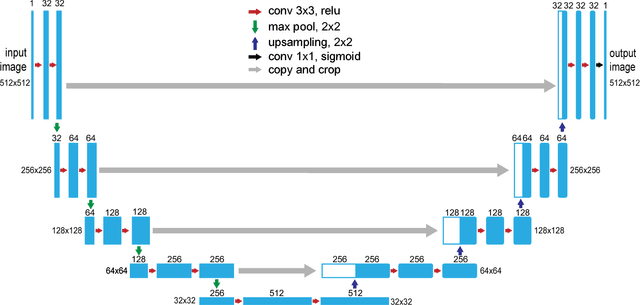
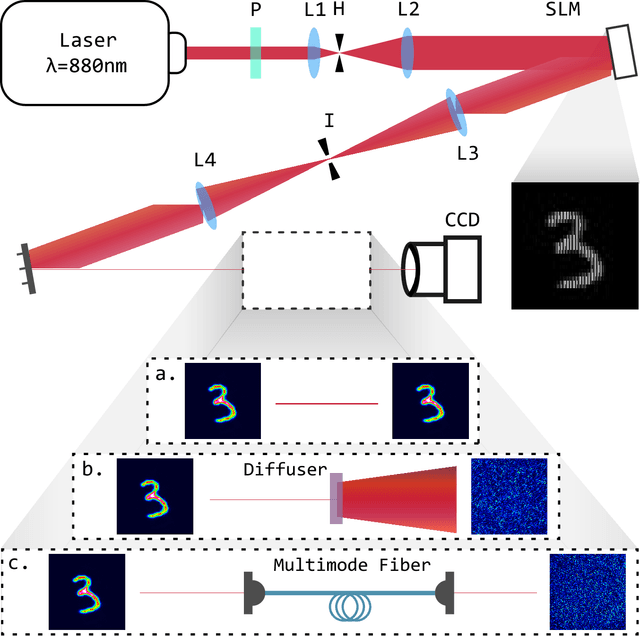
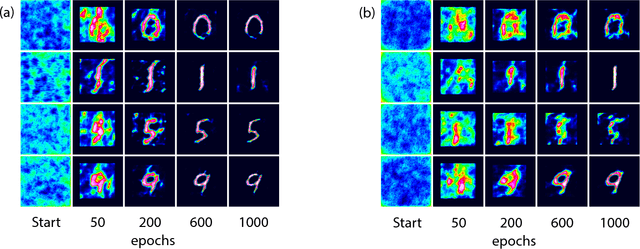
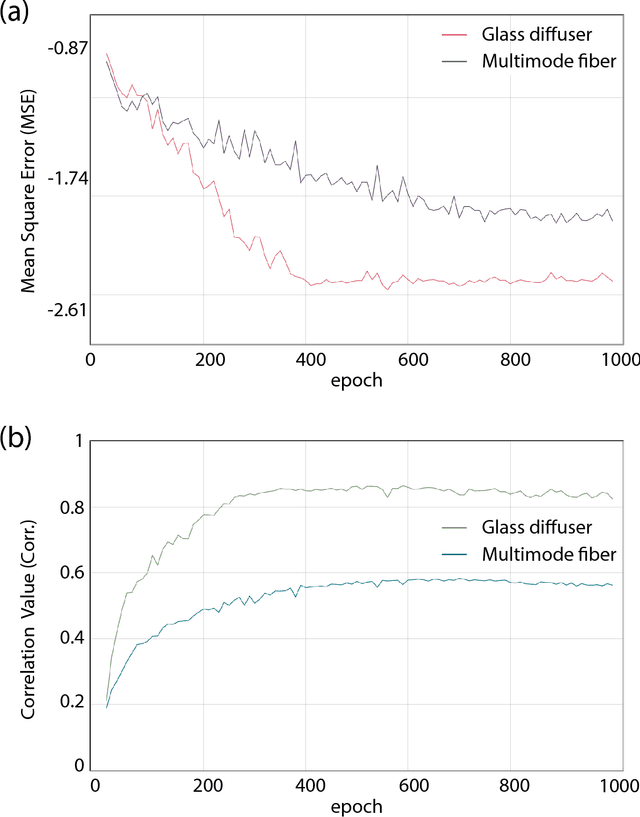
Abstract:A well-trained deep neural network is shown to gain capability of simultaneously restoring two kinds of images, which are completely destroyed by two distinct scattering medias respectively. The network, based on the U-net architecture, can be trained by blended dataset of speckles-reference images pairs. We experimentally demonstrate the power of the network in reconstructing images which are strongly diffused by glass diffuser or multi-mode fiber. The learning model further shows good generalization ability to reconstruct images that are distinguished from the training dataset. Our work facilitates the study of optical transmission and expands machine learning's application in optics.
Experimentally detecting a quantum change point via Bayesian inference
Jan 23, 2018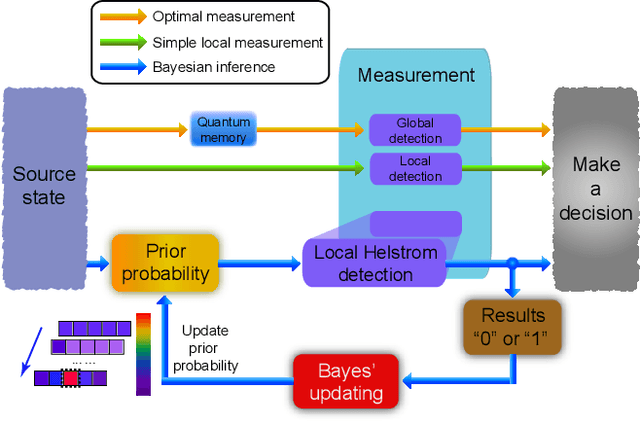
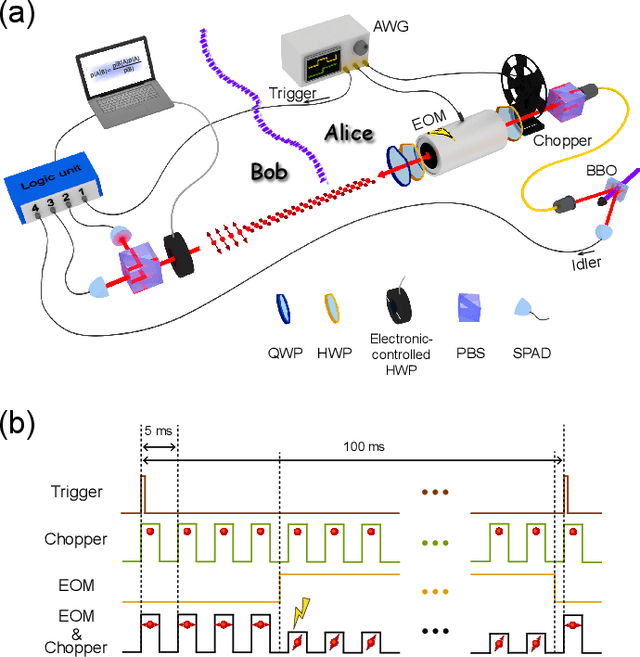
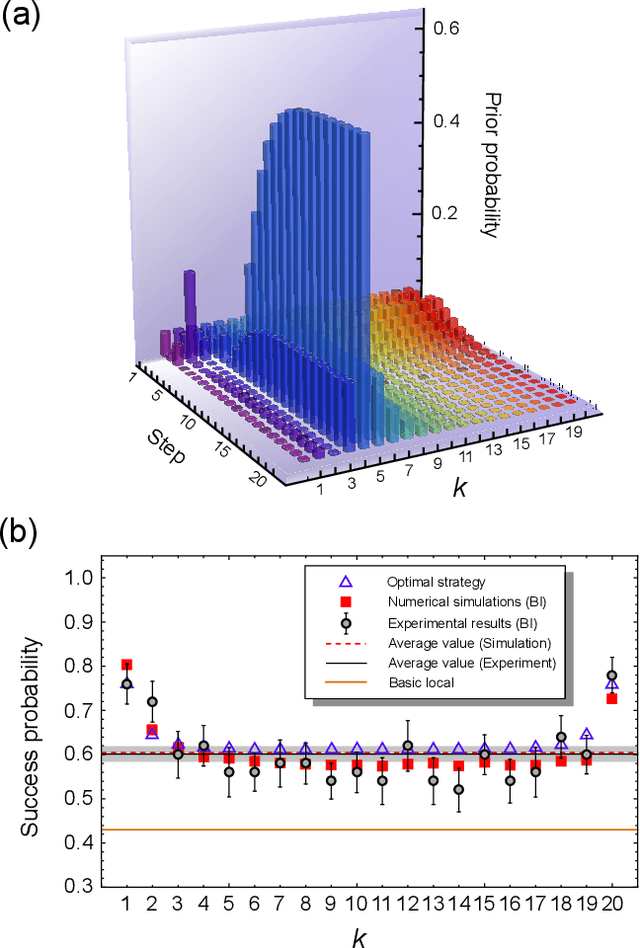
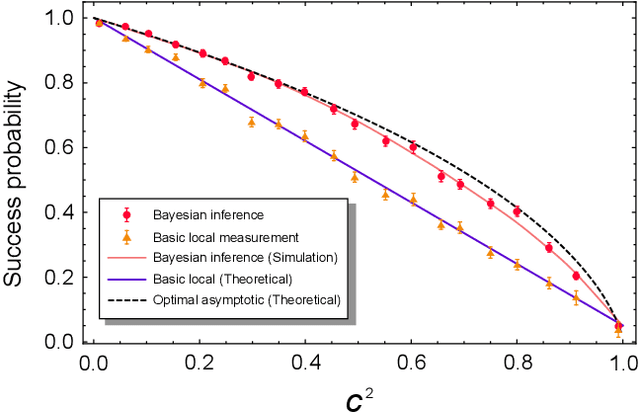
Abstract:Detecting a change point is a crucial task in statistics that has been recently extended to the quantum realm. A source state generator that emits a series of single photons in a default state suffers an alteration at some point and starts to emit photons in a mutated state. The problem consists in identifying the point where the change took place. In this work, we consider a learning agent that applies Bayesian inference on experimental data to solve this problem. This learning machine adjusts the measurement over each photon according to the past experimental results finds the change position in an online fashion. Our results show that the local-detection success probability can be largely improved by using such a machine learning technique. This protocol provides a tool for improvement in many applications where a sequence of identical quantum states is required.
 Add to Chrome
Add to Chrome Add to Firefox
Add to Firefox Add to Edge
Add to Edge